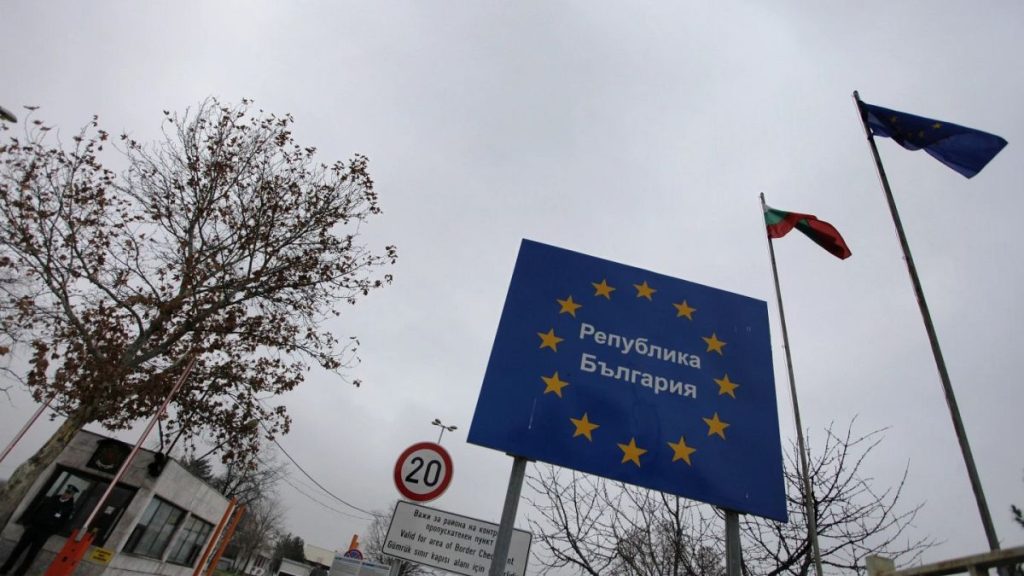The European Union’s decision on December 12, 2024, to eliminate internal land border controls with Romania and Bulgaria marks a significant milestone in their journey towards full integration into the Schengen Area. This momentous decision paves the way for these two countries to officially join the Schengen zone on January 1, 2025, culminating a process that began in 2011. The Schengen Area, encompassing 29 countries and nearly 450 million people, stands as a testament to European unity and cooperation, facilitating the free movement of people and goods across its member states. This expansion signifies not just the removal of physical barriers, but also the deepening of economic and social ties within the EU.
For Romania and Bulgaria, accession to the Schengen Area represents the realization of a long-held aspiration. The arduous journey, spanning over a decade, has been marked by rigorous evaluations and negotiations. The European Commission first acknowledged their readiness for accession in 2011, setting in motion a series of assessments and reforms aimed at aligning their border control procedures with Schengen standards. The final hurdle was overcome in December 2024 when EU interior ministers gave their definitive approval, solidifying the countries’ entry into this visa-free zone.
The practical implications of Schengen membership are substantial, particularly for the citizens of Romania and Bulgaria. The elimination of land border controls translates into significantly reduced travel times, eliminating the long queues that once plagued their borders. This change is especially welcome for those who frequently travel by car, sparing them the hours-long waits that previously hampered cross-border movement. Furthermore, the streamlined border crossings will boost trade and commerce by removing logistical bottlenecks that previously impacted the transport of goods. Businesses operating in these countries can anticipate significant cost savings and improved efficiency due to the seamless transit of goods across borders.
Beyond the immediate economic and practical benefits, Schengen membership carries symbolic weight. It represents a vote of confidence in Romania and Bulgaria’s commitment to upholding the principles of free movement and security that underpin the Schengen Agreement. It signifies their full integration into the European project and reinforces their status as equal partners within the EU. This inclusion also strengthens the overall cohesion of the Schengen Area, expanding its reach and reinforcing its role as a cornerstone of European integration.
However, the path to Schengen membership was not without its challenges. In 2023, Austria blocked the accession of Romania and Bulgaria due to concerns over irregular migration. The Netherlands also voiced opposition to Bulgaria’s candidacy, further complicating the process. These objections highlighted the delicate balancing act inherent in managing the free movement of people while ensuring robust border security. The eventual approval signifies a collective commitment to address these concerns and reinforces the importance of cooperation and shared responsibility in safeguarding the integrity of the Schengen Area.
The transition to full Schengen membership will not be instantaneous. While land border controls will be lifted, random document checks will continue for a period to prevent crime and ensure a smooth transition. This gradual approach will allow authorities to monitor the effectiveness of the new border regime and address any emerging issues. As Romania and Bulgaria fully integrate into the Schengen Area, they will assume their responsibilities in upholding the shared commitment to security and free movement, contributing to the continued success of this cornerstone of European integration. The elimination of internal borders symbolizes the deepening of ties within the EU and reinforces the shared values that bind its member states together.










